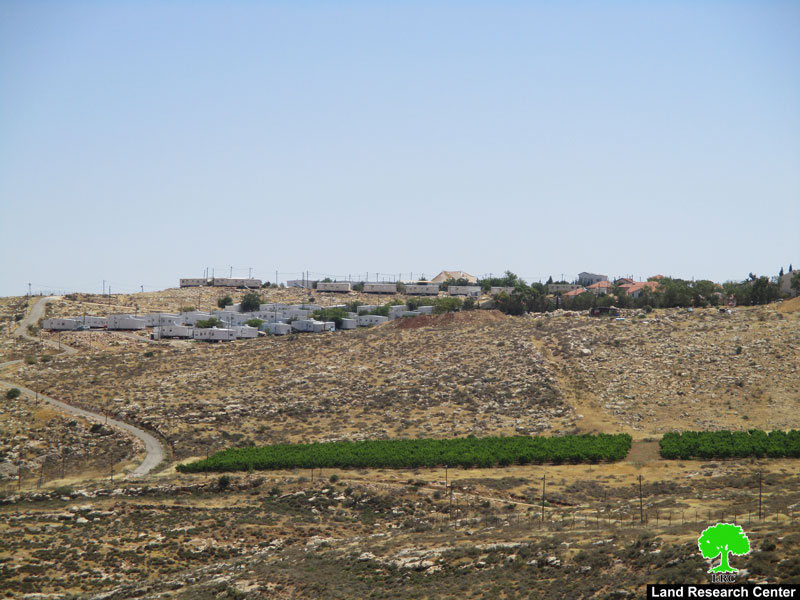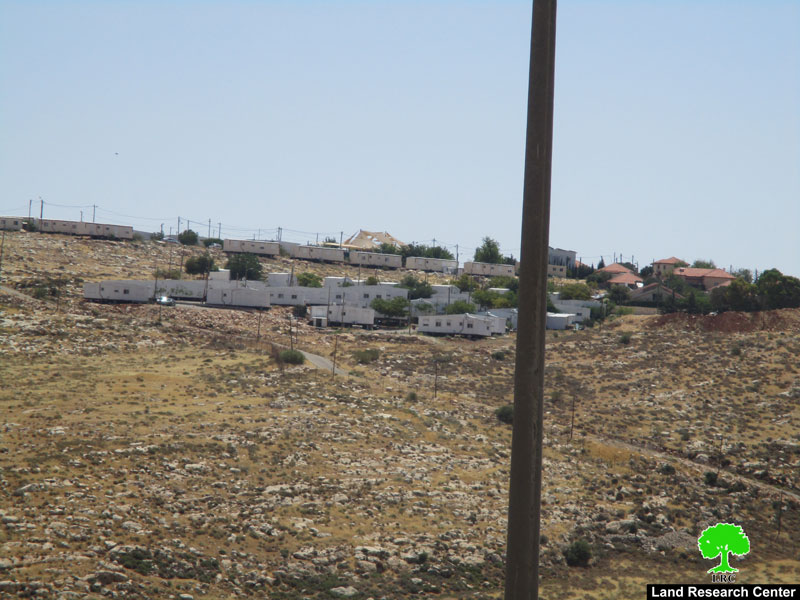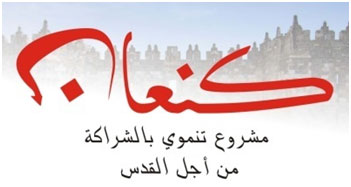2017-05-15
Israeli tender to construct 209 colonial residential units in Kokhav Ya'akov colony
According to Haaretz newspaper, the so-called Israel Ministry of Housing submitted a tender to build 209 residential units in Kokhav Ya'akov, which is founded on confiscated lands from Kafr Aqab village, northeast Ramallah.
It should be noted that this plan came in response to the pressures made by the far right-wing in the Israeli government to reinforce the colonies presence in the periphery of Jerusalem.
The current plan is complementary to a scheme made in 1992 to construct 1200 residential units in the area. The targeted colony has got special attention by the occupation's government during the past years.
The plan includes building a new neighborhood and road network.


Photos 1-3: Kokhav Ya'akov colony
Kokhav Ya'akov :
The colony was established in 1984 on 1680 dunums confiscated lands from Kafr Aqab village in 1980.
Most of the colony's houses are permanent. It accommodates religious schools, language center, primary school, clinic and a synagogue. Until 2005, the colony was inhabited by 4600 colonists.
Land Research Center sees Israel continuous expansion on colonies in the West Bank and Jerusalem at the expense of Palestinian and lands a flagrant violation of Human Rights and all international laws and conventions, which prohibit disposition of public properties in occupied countries.
UN Security Council resolutions in regard to Israeli colonies:
UN Security Council resolution 446, article 3 " Calls once more upon Israel, as the occupying Power, to abide scrupulously by the 1949 Fourth Geneva Convention, to rescind its previous measures and to desist from taking any action which would result in changing the legal status and geographical nature and materially affecting the demographic composition of the Arab territories occupied since 1967, including Jerusalem, and, in particular, not to transfer parts of its own civilian population into the occupied Arab territories;"
- Un Security Council resolution 452, article 3"Calls upon the Government and people of Israel to cease, on an urgent basis, the establishment, construction and planning of settlements in the Arab territories occupied since 1967, including Jerusalem;"
- Un Security Council resolution 465, Strongly deplores the continuation and persistence of Israel in pursuing those policies and practices and calls upon the Government and people of Israel to rescind those measures, to dismantle the existing settlements and in particular to cease, on an urgent basis, the establishment, construction and planning of settlements in the Arab territories occupied since 1967, including Jerusalem; Calls upon all States not to provide Israel with any assistance to be used specifically in connexion with settlements in the occupied territories;
- Un Security Council resolution 242, Affirms that the fulfilment of Charter principles requires the establishment of a just and lasting peace in the Middle East which should include the application of both the following principles: (i) Withdrawal of Israel armed forces from territories occupied in the recent conflict; (ii) Termination of all claims or states of belligerency and respect for and acknowledgment of the sovereignty, territorial integrity and political independence of every State in the area and their right to live in peace within secure and recognized boundaries free from threats or acts of force;
This case study is part of Kan'aan Project

